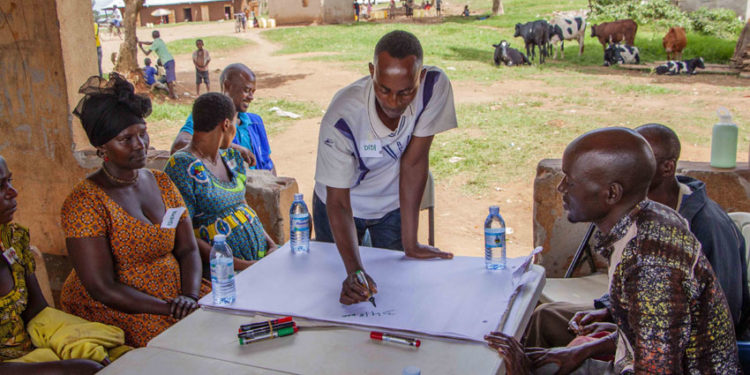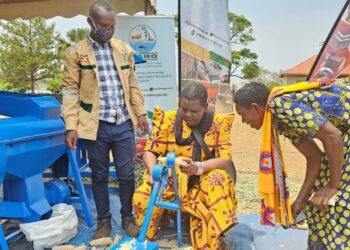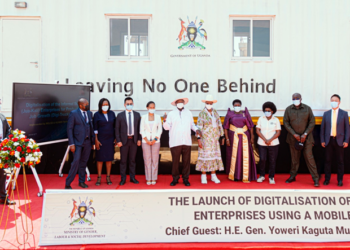The United Nations World Food Programme (WFP), in partnership with the United Nations Capital Development Fund (UNCDF), and PHB have developed a financial literacy training toolkit customized to meet the needs and realities of refugees and refugee hosting communities in Uganda.
The toolkit aims to improve resilience and self-reliance of refugees and ensure that they are better equipped to make sound financial decisions, effectively interact with financial service providers and achieve their financial goals.
During a virtual launch of the toolkit on Thursday, Stephan Deutshcher, Cash Transfer Advisor at WFP said they came up with the idea as a way of supporting the government of Uganda to strengthen refugees and host communities resilience through improved financial inclusion and specifically financial literacy – a key facet of sound financial health.
“Uganda is known as a very generous refugee policy currently hosting 1.4 million refugees primarily from the DRC and South Sudan. And the government of Uganda through its comprehensive refugee response framework has laid out plans for sustainable refugee assistance framework which is not only relying on humanitarian groups but also looking at building resilience and self-reliance among refugees and host communities,” said Mr Stephan.
He also revealed that as stakeholders in partly taking care of refugees in Uganda, it’s upon them to ensure that they (refugees) acquire adequate financial management skills as a way of improving their financial inclusion.
“We are launching this curriculum at a time when humanitarian agencies are expounding the use of cash based systems to support various needs of the population which include food security, water and sanitation, livelihood programmes name it. So as WFP we are currently providing annual cash transfers to more than half million people to several settlements across the country and some of these refugees receive cash direct in hand while others through bank accounts and recently we started introducing mobile money cash system.
“As part of this program, we do recognize that that it’s upon us to ensure that financial education is part of our responsibility. We also understand that most refugees in Uganda who live in remote rural areas are not familiar and not comfortable with the use electronic payment systems or not comfortable with making transactions with formal financial systems.
Richard Ndahiro, Digital Economy Consultant at UNCDF said, the toolkit was created using a human-centered design approach and uses a delivery mechanism that is relevant to refugees’ daily lives and livelihoods.
Mr Ndahiro further noted that there are a couple of financial literacy toolkits already in place but this specific one is goal-oriented adapted to circumstances in the refugee settlements today.
“Remember for the refugees it’s how do I move from dependence to self-reliance. This toolkit is also self-administered that can enable training without exporting resources into the settlement and it helps in a way that when the project ends, the training goes with you that’s why we decided to come up with a revised content which is goal oriented but also a delivery mechanism that makes sense for the circumstances in the settlements,” he asserted.
“At UNCDF we are very much focused on promoting financial inclusion through digital means specifically for those who are underserved. In the refugee space I think we have be operating since 2017. Across all that time, we have learnt a lot, did a couple of studies in terms of what does meaningful financial inclusion means for refugees and one of the lessons we picked was the need to focus not just on the right product and services for refugees but also a huge need to build the capacity and capability to be able to understand and make the right financial choices especially as they get exposed to financial service providers that they may not have known in their past lives at home.”
Do you have a story in your community or an opinion to share with us: Email us at editorial@watchdoguganda.com












